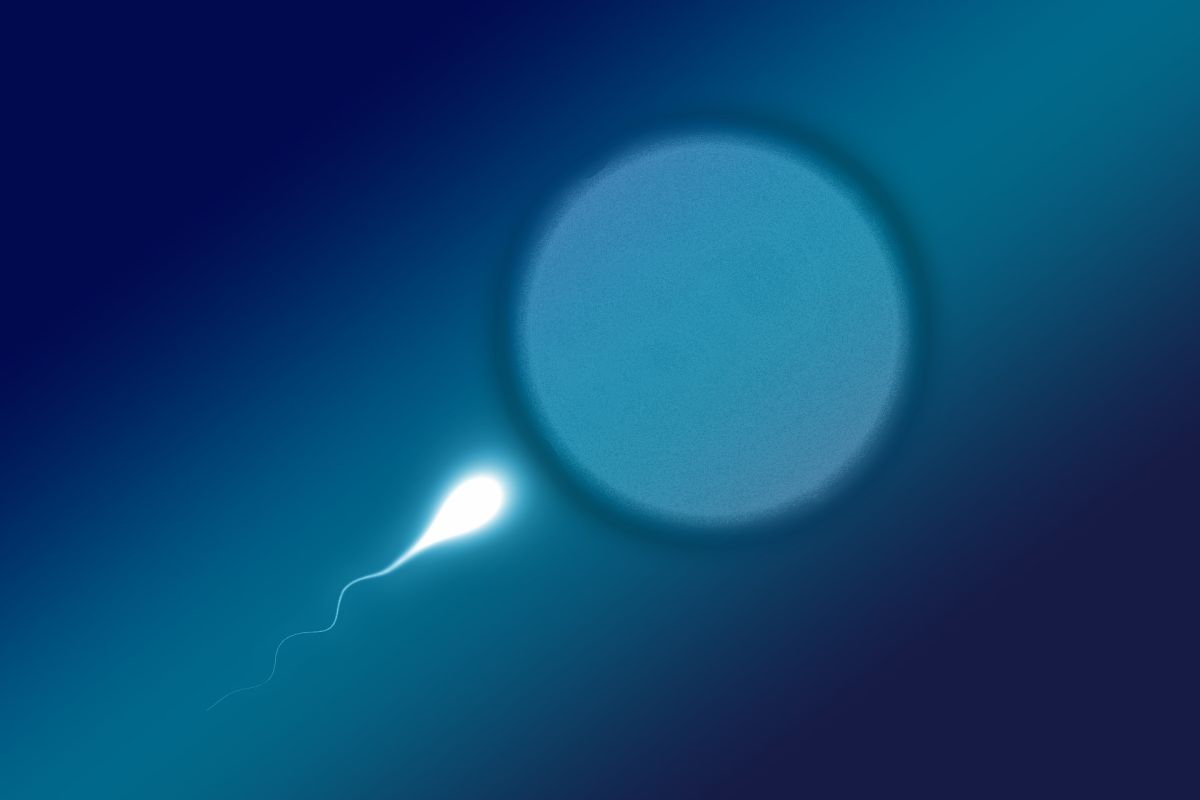In 1996, the British Peter Hickles was diagnosed with Hodgkin’s lymphoma with only 15 year old. This is a very rare type of cancer that affects the lymphatic system, which is part of the body’s immune system. But Hodkin’s lymphoma is one of the most treatable cancers, and Hickles was eventually cured. However, the treatment cost the man his fertility.
Aware of the risks, Hickles froze his sperm before starting chemotherapy. He was told that sperm would not last more than ten years, but last week the man became a father using sperm that he had kept frozen for more than 26 years.
This is almost a record for the longest gap between sperm collection and birth, just one year from a sample of 27 United States years.
“I keep looking at him, shaking my head in disbelief. It really is a small miracle. The fact that he was basically ready to play right before the Euro 96 and was born before the World Cup is amazing,” Hickles said in a statement. statement.
Hickles was very lucky that his condition was exceptional. Until this summer, frozen human sperm and eggs could only be stored for no more than 000 years in the United Kingdom Kingdom, with exceptions for patients with fertility problems like Hickles. But since then, a new law has been passed that has extended the legal limit to 55 years.
No Biologically speaking, however, babies could theoretically be born from frozen sperm even hundreds of years after their parents passed away; there is no scientific reason why this cannot be possible.
“The legal limit of 55 years has nothing to do with sperm lifespan or any other scientific reason. It has more to do with what parliamentarians felt was right for society. But given that frozen sperm are effectively in suspended animation, once frozen, I don’t see why they couldn’t be kept for hundreds of years if the law allowed it,” Allan Pacey, professor of andrology at the University of Sheffield, told The Guardian.
Once the sperm is collected and prepared, fertility clinics place it in special vials labeled with the donor and store the sample in large tanks where the sperm are kept very, very cold with liquid nitrogen at -196 degrees centigrade. Sperm from each patient is normally divided into several vials and kept in several storage tanks. If a freezer fails, the remaining sperm samples remain safe.
All signs point to the fact that sperm can be kept frozen indefinitely. The oldest known viable semen in the world, collected in 1968, was used to fertilize 34 merino sheep. In 2019, researchers reported that the resulting live birth rate was as high as artificial insemination with frozen sperm for only 10 months.
Although studies on the decades-long viability of frozen human sperm are lacking, there are good reasons to believe that frozen human sperm could last at least as long as that of rams or bulls. A recent study that examined the clinical outcomes of nearly 120,000 semen specimens in sperm banks in China, with some of these samples stored for up to 12 years, found no difference in the rate of pregnancy, miscarriage, and live birth between sperm of different storage.
So, in theory, new babies could be born centuries after their parents lived, which raises some interesting possibilities but also ethical challenges.
Also read:
